Protein makes me slim, makes my muscles grow and is also healthy, isn't it? Sounds perfect! But is it true?
The promises and expectations of the Low carb and Low Sugar We have already taken a closer look at the High Protein Diet. But what about the High Protein Diet? And why do we seem to be eating more of something instead of less?
How does the High Protein Diet work?
A high protein diet is all about proteins. The diet is therefore also called a protein diet. And as the name suggests, this diet is about increasing protein intake. In return, the number of carbohydrates is reduced. The High Protein Diet therefore also falls into the category of the Low Carb Diet.
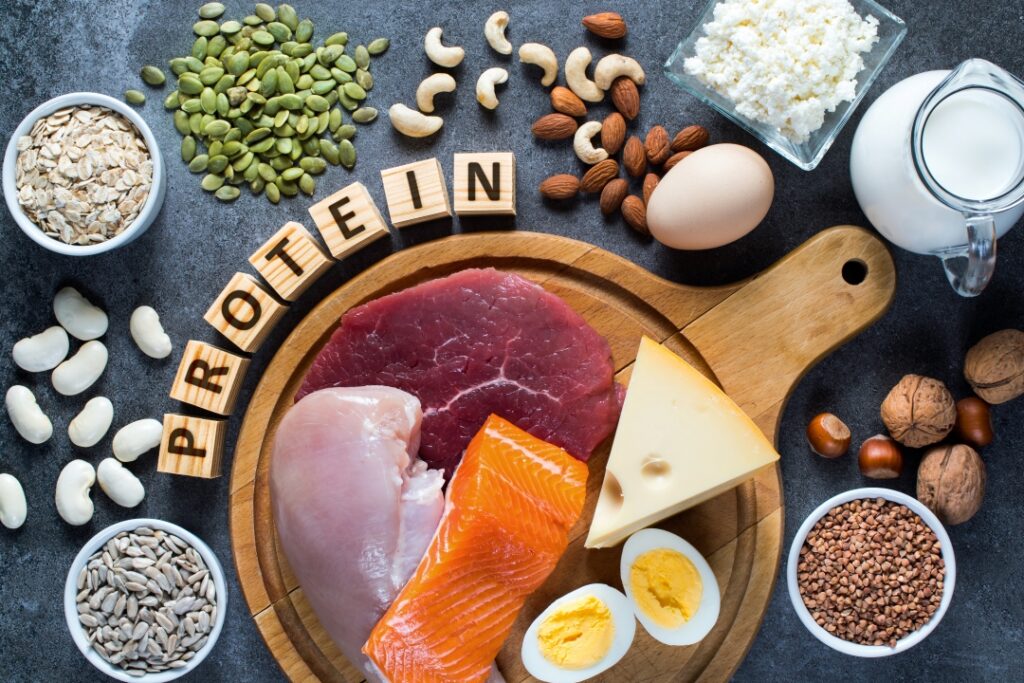
What is protein and what do we need it for?
Along with carbohydrates and fats, proteins are one of the three main nutrients our body needs to keep us and it well. Proteins are needed to build our tissues and muscles. They also promote the health of our nails and hair, they transport fat and oxygen, serve to absorb iron and defend us against pathogens. So all in all, they are quite important.
Protein also plays an important role as an energy source, which is probably why we so often associate this diet with competitive athletes. Because of the higher energy consumption, especially in power sports, athletes need more protein. They can get it from protein shakes, animal products or plant-based foods. You can find out what the 4 best plant-based protein sources are in this contribution read up.
Even if this is not related to a high protein diet, pregnant women, breastfeeding women and babies can also have an increased protein requirement. This should definitely be clarified with a doctor so that you do not run the risk of slipping into a protein deficiency.
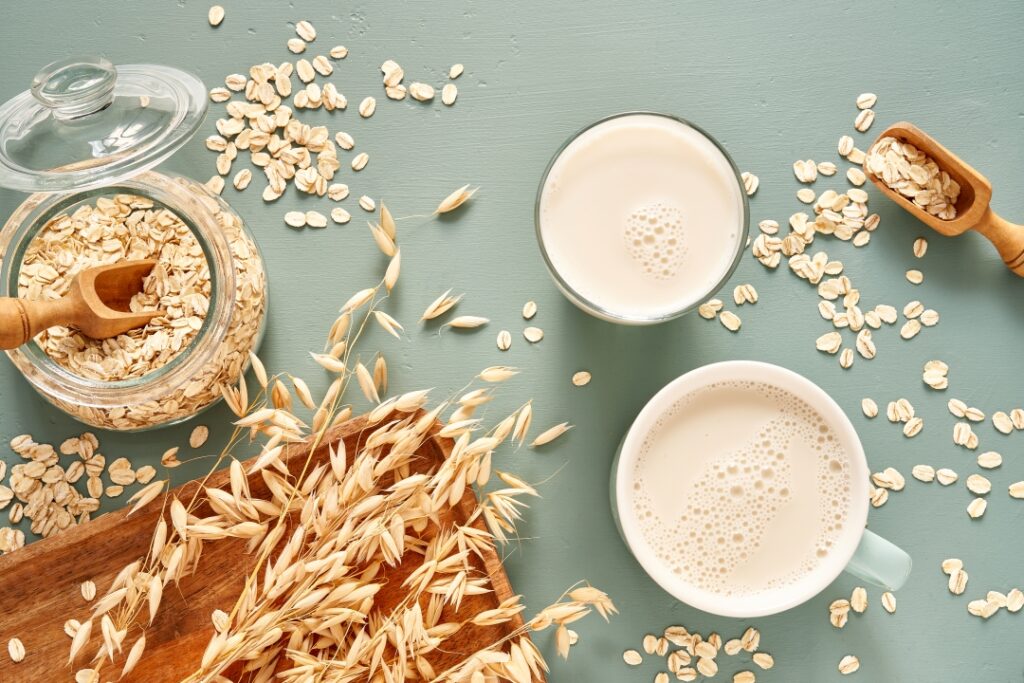
How much protein is healthy?
The daily protein requirement of an adult from 19 years to 65 years is 0.8 g per kg of body weight, according to the DGE (German Nutrition Society). At a weight of 70 kilograms, the requirement is therefore 56 grams of protein daily.
To meet their daily protein needs, many people eat fish, meat, milk and dairy products. They are well-known sources of protein. However, there are also other sources of protein, so we are not dependent on animal foods. Plant-based foods such as cereals, vegetables, pulses, potatoes and nuts also contain protein that our bodies can process. Our Sprouted Organic Rolled Oats are a great source of vegetable protein and look really good in muesli! And we also have something new for you: our Germinated fruit muesli and our Sprouted Bircher Berry Muesli! Why don't you try one or both of them?
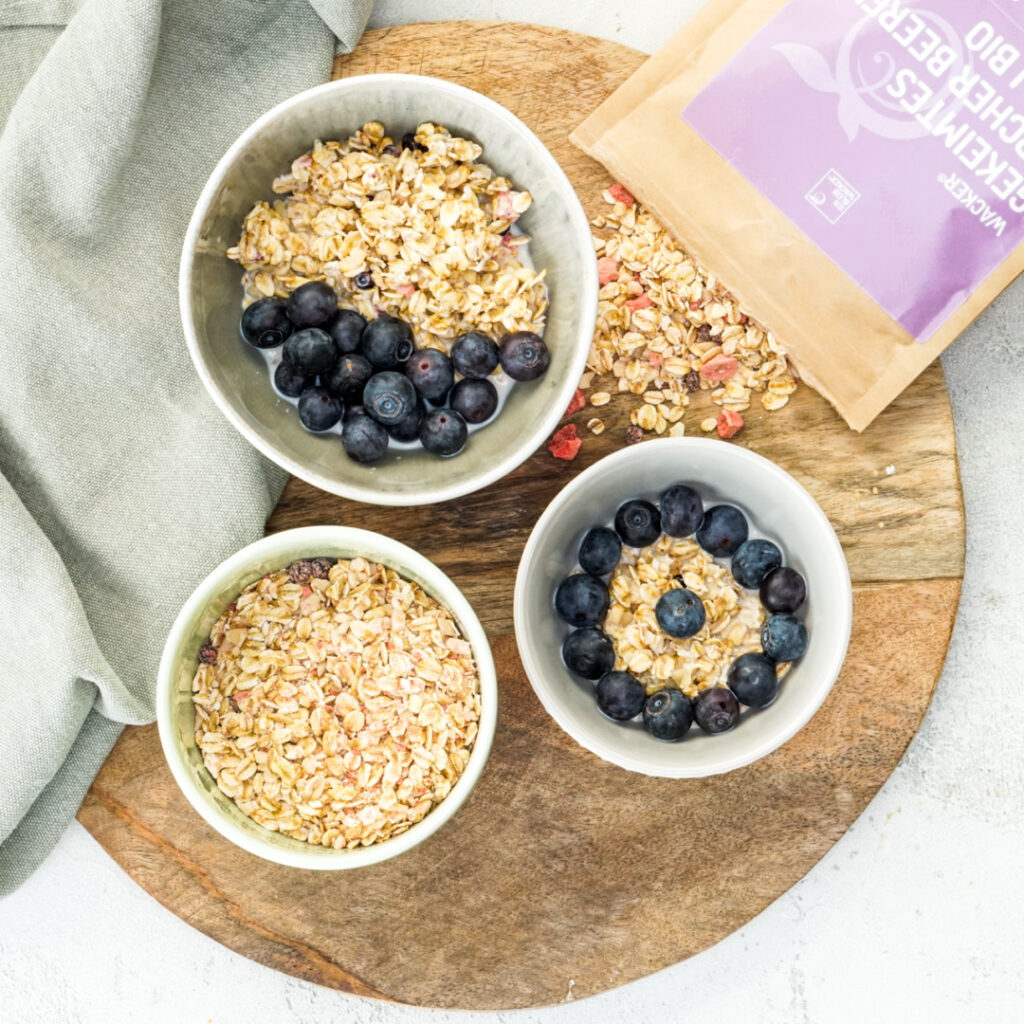
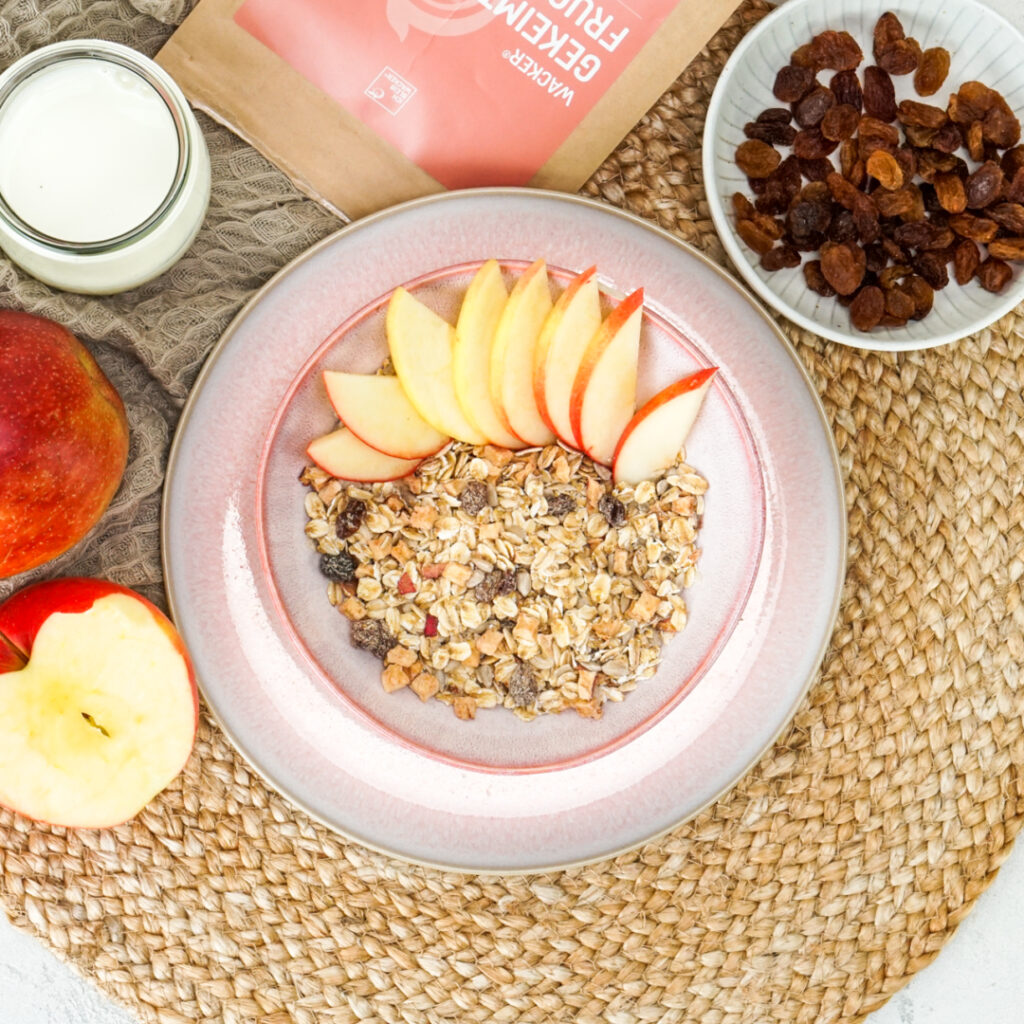
But what are the concrete advantages and disadvantages of the High Protein Diet?
Pro:
- Weight loss results can be seen after 3 - 6 months
- A high-protein diet can help reduce the risk of certain metabolic disorders
- The combination of a low-carbohydrate and protein-heavy diet prevents high insulin levels
- Protein keeps you full for a long time
Contra:
- The longer the high-protein diet continues, the smaller the weight loss effect becomes or it disappears altogether
- A long-term protein-heavy diet can lead to weight gain
- High animal protein consumption can increase the risk of type 2 diabetes
- Industrially manufactured high protein products often contain sugar or sweeteners
- Protein alone does not make you slim, sufficient exercise is also recommended to be able to process the absorbed energy in the form of protein and not to store it as fat.
- Too much protein can overload the kidneys and increase gout attacks
So from now on High Protein Diet?
Yes and no. In the short term, the high protein diet can help you lose weight and has a visible effect after a few months if it is carried out together with sport or sufficient exercise. Our body needs protein, depending on our lifestyle, but not in abundance. As mentioned above, competitive athletes need more protein than people with a more sedate lifestyle. For athletes, a long-term protein diet is therefore quite sensible and healthy. High protein is and remains for less active people, but it is a diet and not a form of nutrition to be recommended in the long term. Especially in the case of pre-existing conditions, diets should always be discussed with a doctor beforehand. We recommend a balanced diet in any case, so the body gets everything it needs. And if our body is doing well, we are also doing well.
Image Protein Shake: Adobe Stock, RHJ, #530921670
Image High Protein Diet: Adobe Stock, airborne77, #365900612
Image Oatmeal and oat milk: Adobe Stock, Tatyana Sidyukova, #435914854
Sources: NDR, DGE, The technicians, AOK
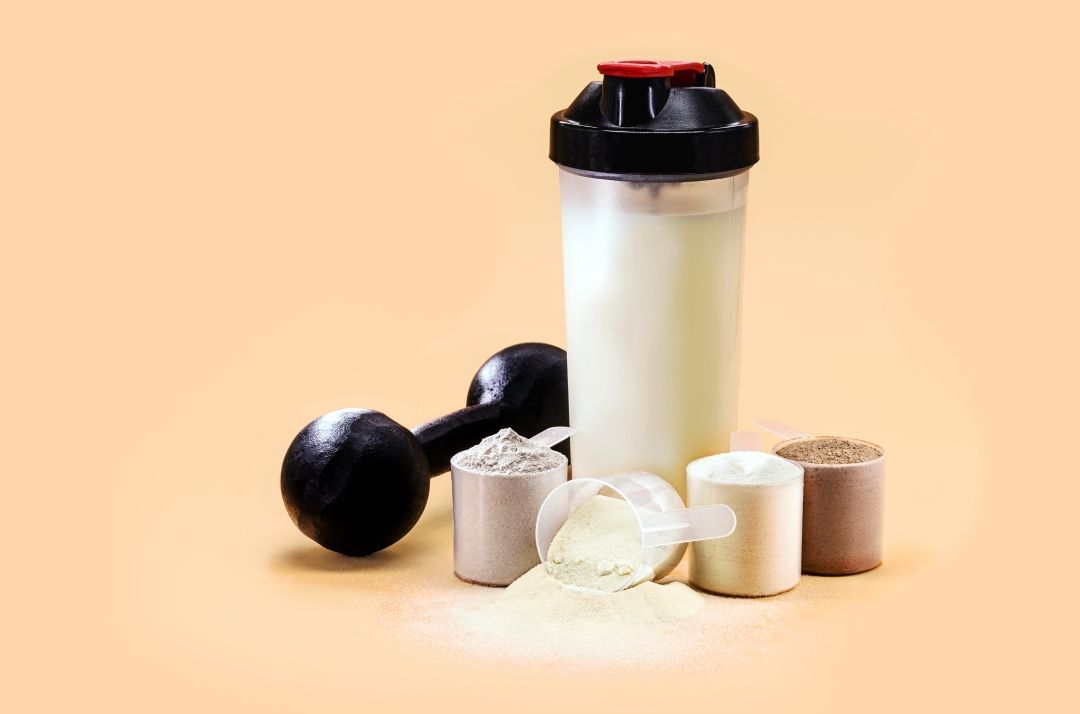
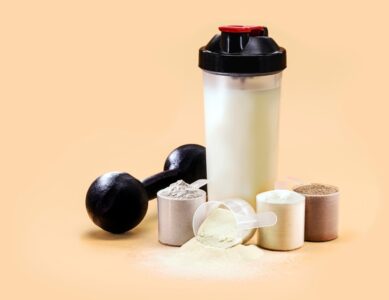
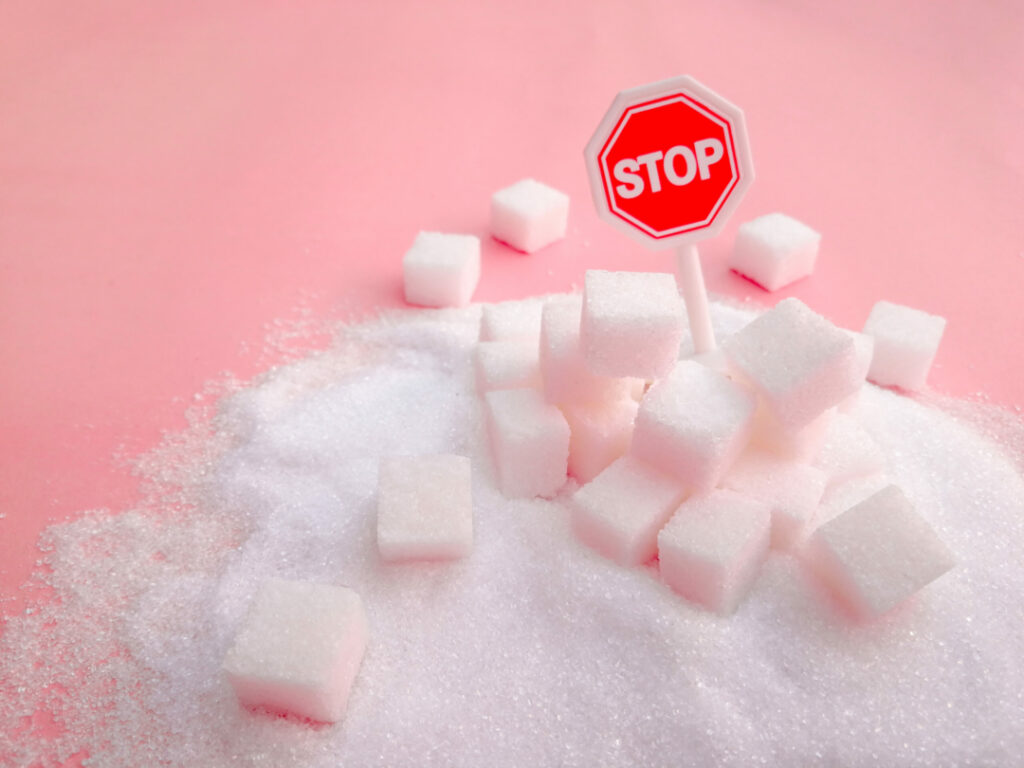
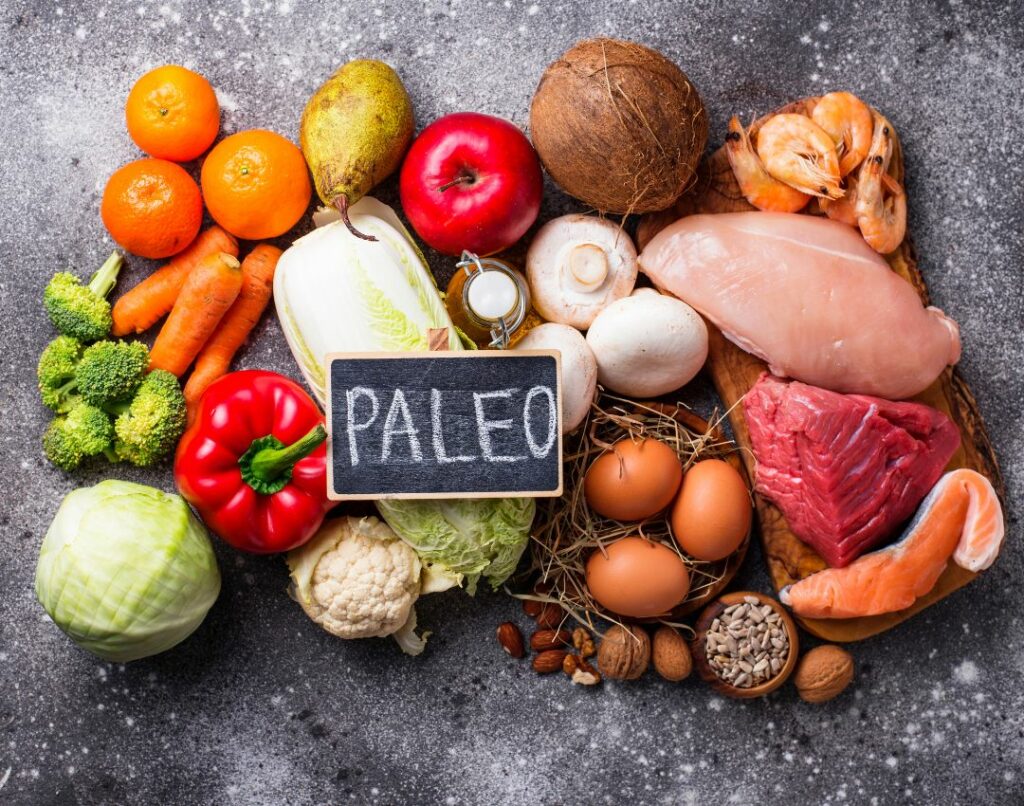
Pingback: The Paleo Diet: Everything used to be better - The Stone Age Diet